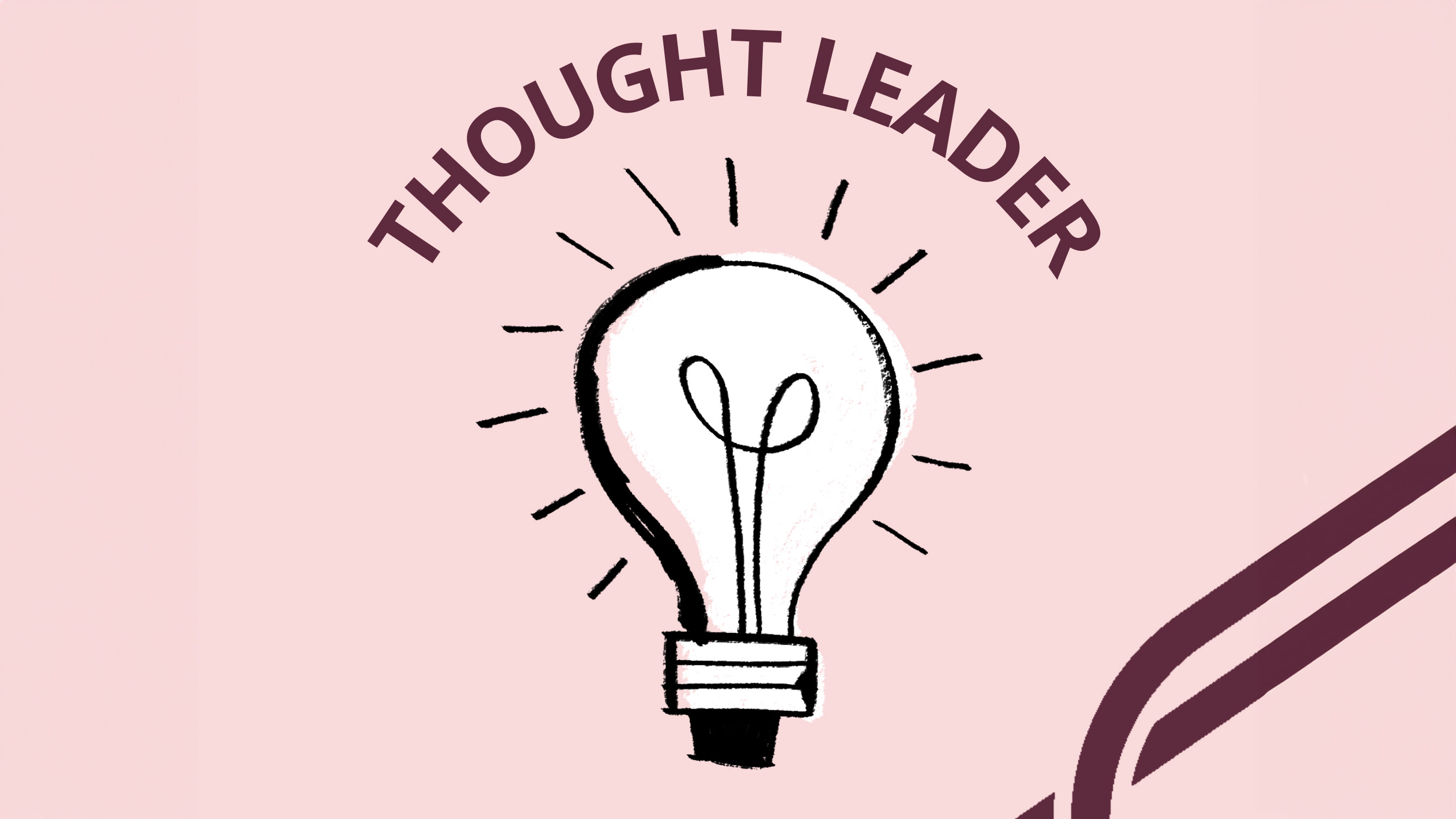In an age of disruption, the ability and desire to learn has never been more important. So what does the future of lifelong learning look like? Duke Corporate Education provides insights.
In the early 20th century Mark Twain wrote: “It ain’t what we know that gets us into trouble. It’s what we know that just ain’t so.”
This comment simultaneously highlighted the confident boldness and pace of change that characterised the previous century. Of course, that confidence and change persists and is accelerating, but what is neglected is what it means for people at work: their roles, careers, aspirations, happiness and success.
Today, it ain’t what we know that matters. It’s how we react to what we don’t know. In other words, possessing an agile learning mindset, characterised by an open and proactive assessment of new information, a willingness to adapt to newly formulated ideas and an agility to course shift to meet emerging situations.
An agile learning mindset is key to progress, happiness and success in the new future of work.
In a recent webinar for Duke Corporate Education, thought leaders Heather McGowan and Chris Shipley explained why this is so and what it means for the way we work.
Change is not what it used to be: how work is being disrupted
As Thomas L. Friedman has observed, disruption is all-pervading and spans three interconnected climates: technology, climate itself, and the market.
1. Technological change, almost always over-estimated in the short-term and under-estimated in the long-term, is creating challenges and opportunities as well as driving progress and expectations.
2. Perhaps the most significant of those challenges is climate change, resulting in the profound recognition that we need to fundamentally alter human behaviour by 2030.
3. Market changes driven by technology and digitisation. We produce more things, faster, that are tailored to our desires. While this used to be a source of competitive advantage it is now table stakes, reinforcing those rising expectations.
Despite positive advances, these climate changes, McGowan and Shipley note, are eroding past certainties and our sense of wonder. These changes affect how we work, our politics, economics, community, and ethics. Crucially, as McGowan and Shipley point out in their thesis, these changes are disrupting our identity as well as our work.
Disrupting our personal identity
Inevitably, we take on our occupational identity, starting from the time we ask our children what they want to be when they grow up, or when we ask each other what we do for a living. This understanding is passing: the US Bureau of Labor suggests that 65% of jobs have not even been invented yet as they are rooted in a digitised economy that is yet to develop.
People do work that will soon be completed or changed radically by automation and AI. Perhaps as much as 50% of current work could be completed by technology, including “white collar” work in finance and the legal professions.
Studies suggest that soon 50% of the content of that undergraduate degree may be obsolete within five years. Our education, our skills and preparedness, our very sense of self, are all being disrupted by work.
Disrupting our work.
The nature of work is changing: the workforce is ageing, new business models, patterns of employment and the gig economy are disrupting traditional approaches.
Work is becoming more diverse, less tolerant of issues like harassment, and placing greater emphasis on issues of trust, purpose and personal brand, less on status and credentials. The traditional western model has been a life of around 67 – 75 years with three phases: education, career, retirement.
The new reality is that there are now multiple phases; “work” may not have a linear trajectory, and success is measured by learning agility and adaptability, fuelled by our purpose.
The solution: embracing the new normal
Given these profound, inevitable changes, what is the best way to succeed in the new normal? Several techniques can help.
1. Develop an agile learning mindset and master the skills of the future. These include:
-
Agility: Learning and unlearning
-
Awareness: Both awareness of market value of skills and increasing premium on uniquely human skills (universal values of connecting, creating, caring matter more than ever)
-
Agency: The understanding and related power that comes with knowing you are responsible for your learning and your future
-
Adaptability: Strengthening adaptability (in particular, navigating ambiguity and lack of structure).
2. Assess your current role, regularly
3. Broaden and diversify your network
4. Develop new goals and capabilities
5. Learn to learn (and learn from failure)
6. Avoid the funnel of identity – focus on the input of purpose rather than the output of production
Finally, lead with empathy and example. Leaders should rethink how people do work, understanding and developing their people’s capabilities and skills and, crucially, seeing beyond the job title.

